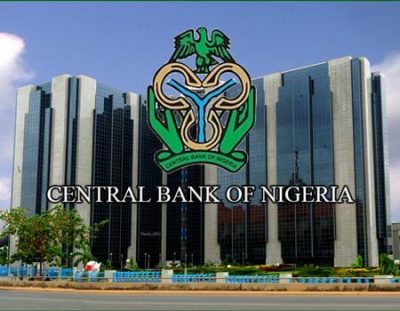
According to recent data from the Central Bank of Nigeria (CBN), banks’ borrowings from the Standing Lending Facility (SLF) fell by 14% MoM to N453.7 billion in February 2023, down from N528.15 billion in January 2023. Conversely, the same data revealed that deposits made by banks into the CBN’s Standing Deposit Facility (SDF) rose by 14% MoM to N668.86 billion in February 2023, up from N584.79 billion in January 2023.
This decline in banks’ borrowing from the SLF is attributed to the reduction in money supply in the economy due to various economic policies implemented since November 2022 aimed at curbing inflation and reducing the amount of cash in circulation.
The CBN Money and Credit data for January showed that in response to the initial deadline of the CBN’s redesigned Naira policy, Nigerians deposited N1.81 trillion into the banking system. Consequently, Currency Outside Banks (CoB) fell by 70% MoM to N788.9 billion in January 2023, down from N2.6 trillion in December 2022.
The National Bureau of Statistics (NBS) consumer price inflation report for February showed a 0.09 percentage point rise in the headline inflation rate to 21.91% in February 2023, up from 21.82% in January 2023. This is the second consecutive month that the headline index has risen to a near seventeen and a half-year high.
Analysts at Cowry Asset Management attribute this increase to persistent food shortages and the unprecedented scarcity of Naira witnessed during the month, due to the CBN’s redesigned Naira policy.
The CBN’s Monetary Policy Committee is expected to meet this week to decide on various monetary and economic indicators in the face of the unyielding inflation trend. Analysts predict further rise in inflation to 22.1% this month, indicating that rising inflation has continued to be a concern for most economies, including Nigeria, and that it has driven the central bank’s position for an extended contractionary stance. They, however, project a hold stance from the committee following the slow rise in February inflation numbers against the backdrop of the gradual adoption of the cashless policy and limited currency in circulation.





Comments are closed.